Performance Marketing
- Home
- Performance Marketing
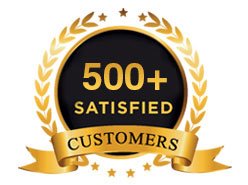




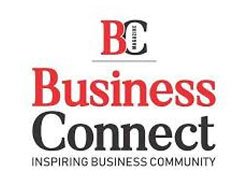
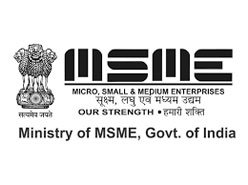
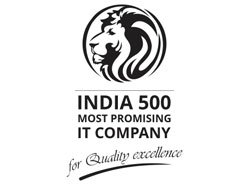
How to Get Started with Performance Marketing
Performance marketing is an advertising strategy that focuses on driving specific actions—such as clicks, conversions, or sales—while paying only for measurable results. Unlike traditional advertising, where the focus is on brand awareness or impressions, performance marketing is driven by data, targeting, and results.
What Is Performance Marketing?
How to Measure Performance Marketing?
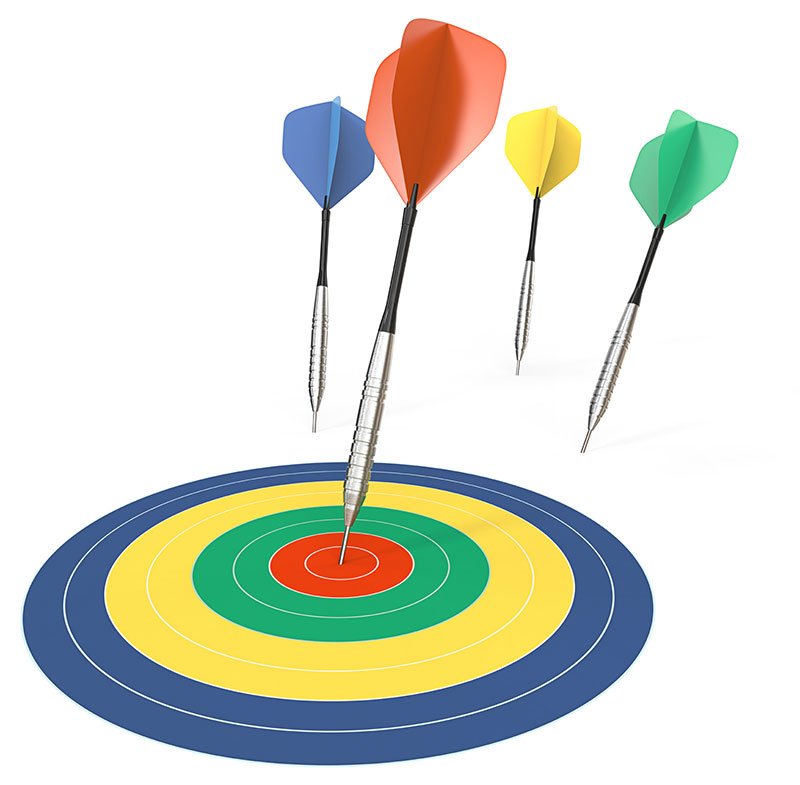
Common performance marketing channels
Performance marketing is often executed across multiple platforms. To start, identify where your audience spends time and where you're likely to see the most conversions.
Search Engine Marketing
Pay-per-click (PPC) ads on search engines like Google.
Affiliate Marketing
Partnering with affiliates to promote your products and only paying them when they generate sales or leads.
Social Media Advertising
Platforms like Facebook, Instagram, LinkedIn, and TikTok offer highly targeted ads based on demographics, interests, and behaviors.
Display Ads
Banner ads or videos placed on websites and apps that encourage users to click and convert.
Why Performance Marketing Services Are Best for Your Business Growth?
Performance marketing has quickly become one of the most powerful tools for businesses looking to achieve measurable, sustainable growth. Unlike traditional marketing methods, which focus on brand awareness and impressions, performance marketing delivers results that can be directly linked to specific actions such as clicks, leads, or sales. This results-driven approach makes it highly effective for businesses of all sizes, especially those looking to optimize their marketing spend and see a direct return on investment (ROI).
We are professionals at providing personalized Performance Marketing solutions thanks to our Performance Marketing management services.
Pay for Results, Not Just Exposure
One of the most compelling reasons to choose performance marketing services is the ability to pay only for results.
Targeted & Personalized Marketing
In the digital age, broad, untargeted advertising can lead to significant budget waste. Performance marketing services, however, use advanced targeting strategies
Highly Measurable & Data-Driven
Performance marketing is all about data. Every aspect of a campaign is measurable, allowing you to track your return on investment.
Scalability & Flexibility
Performance marketing services are highly scalable. Once you identify what’s working in a campaign, you can increase your budget and expand your efforts without sacrificing efficiency.
Real-Time Optimization
One of the most significant advantages of performance marketing is real-time performance tracking. As soon as you launch a campaign
Cost-Effectiveness
Performance marketing services offer a highly cost-effective way to advertise, especially for businesses with smaller budgets.
Frequently Asked Questions (FAQs)
What types of actions can be measured in Performance Marketing?
Performance marketing can be based on various measurable actions, including:
Click-throughs (CPC): Paying per click on an ad.
Lead Generation (CPL): Paying for each lead generated (e.g., form submissions, sign-ups).
Sales (CPA): Paying per sale or conversion.
App Installations (CPI): Paying for each app download or installation.
What are the benefits of Performance Marketing?
Cost Efficiency: You pay only for the results, making it a cost-effective way to advertise.
Measurable Results: You can track and analyze specific metrics such as clicks, conversions, and ROI.
Scalability: You can scale successful campaigns based on data insights.
Data-Driven: Performance marketing relies on data and analytics, making it easier to optimize campaigns and improve performance over time.
Targeted Advertising: Campaigns can be highly targeted based on demographics, behavior, and interests, ensuring you’re reaching the right audience.
How do you measure success in Performance Marketing?
Success in performance marketing is typically measured through key performance indicators (KPIs) such as:
Cost Per Acquisition (CPA): How much it costs to acquire a customer or lead.
Cost Per Click (CPC): The cost per click on an ad.
Return on Ad Spend (ROAS): The revenue generated for every dollar spent on advertising.
Conversion Rate (CVR): The percentage of visitors who take the desired action (e.g., make a purchase).
Click-Through Rate (CTR): The percentage of people who click on an ad after seeing it.
What platforms are used for Performance Marketing?
Performance marketing can be executed on various digital platforms, including:
Search Engines: Google Ads, Bing Ads (Pay-Per-Click or PPC).
Social Media: Facebook, Instagram, LinkedIn, TikTok, etc., offering CPC, CPL, and CPA models.
Affiliate Networks: Partnering with affiliates who earn a commission for generating sales or leads.
Display Advertising: Banner ads on websites and apps.
Email Marketing: Paid campaigns focused on lead generation or sales conversions.
How do I start with Performance Marketing?
To start with performance marketing:
Set clear goals: Define what you want to achieve (e.g., sales, leads, or app installs).
Choose the right platform: Select platforms based on where your audience is most active.
Create compelling ads and offers: Develop creatives that resonate with your target audience.
Monitor and optimize: Track your KPIs and adjust your campaigns to improve results.
Set a budget: Start with a test budget and scale based on performance.
What is the difference between Performance Marketing and Traditional Advertising?
Performance Marketing: Focuses on paying only for measurable actions like clicks, leads, or sales. It’s data-driven and highly trackable, making it cost-effective.
Traditional Advertising: Includes methods like TV ads, radio, print, or billboards, where businesses pay for exposure (e.g., impressions) without directly measuring the impact of each ad.
Can I use Performance Marketing for any type of business?
Yes, performance marketing is versatile and can be used for almost any type of business, whether you’re a local small business, a B2B company, or an eCommerce store. The key is selecting the right platform and campaign type for your specific goals and audience. Whether you’re aiming for lead generation, sales, app downloads, or website traffic, performance marketing can be tailored to your needs.


